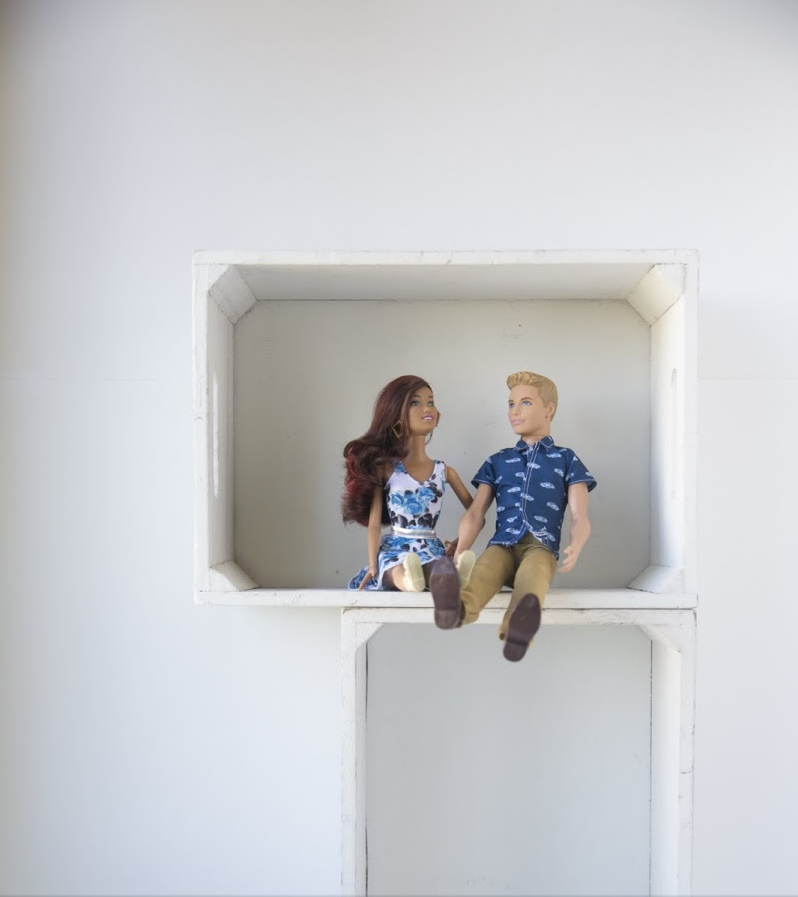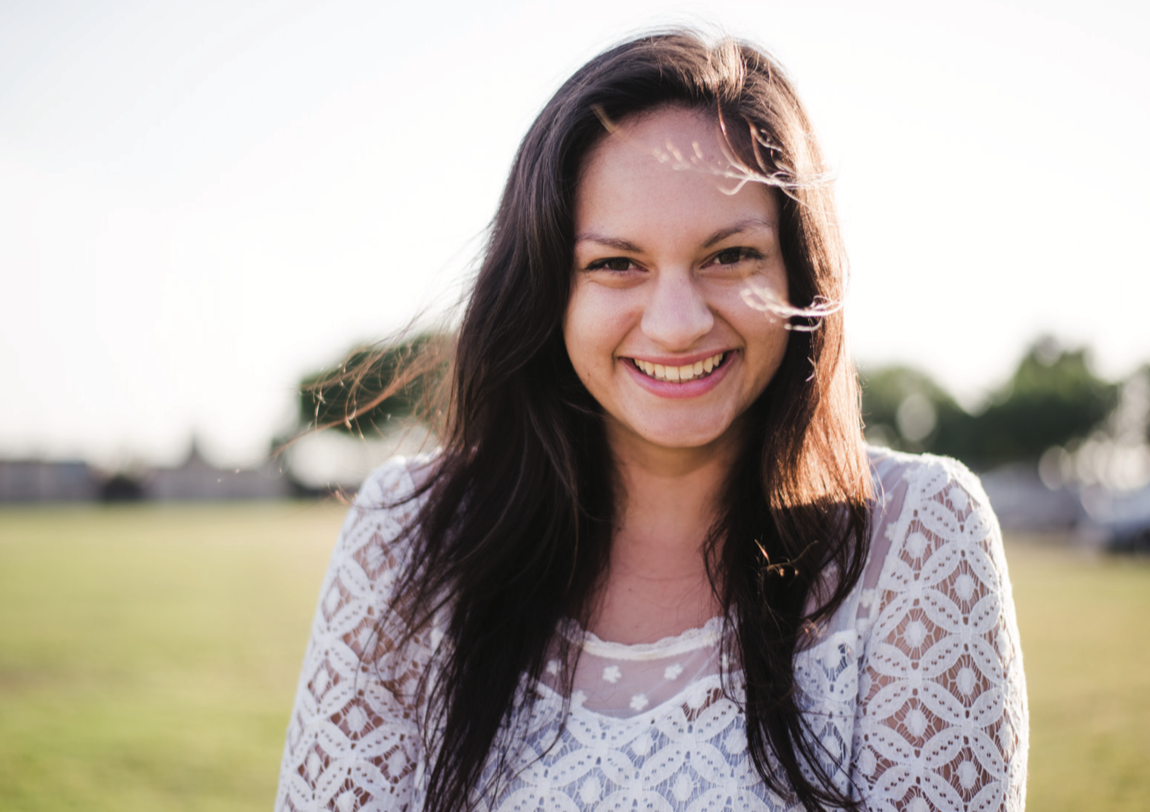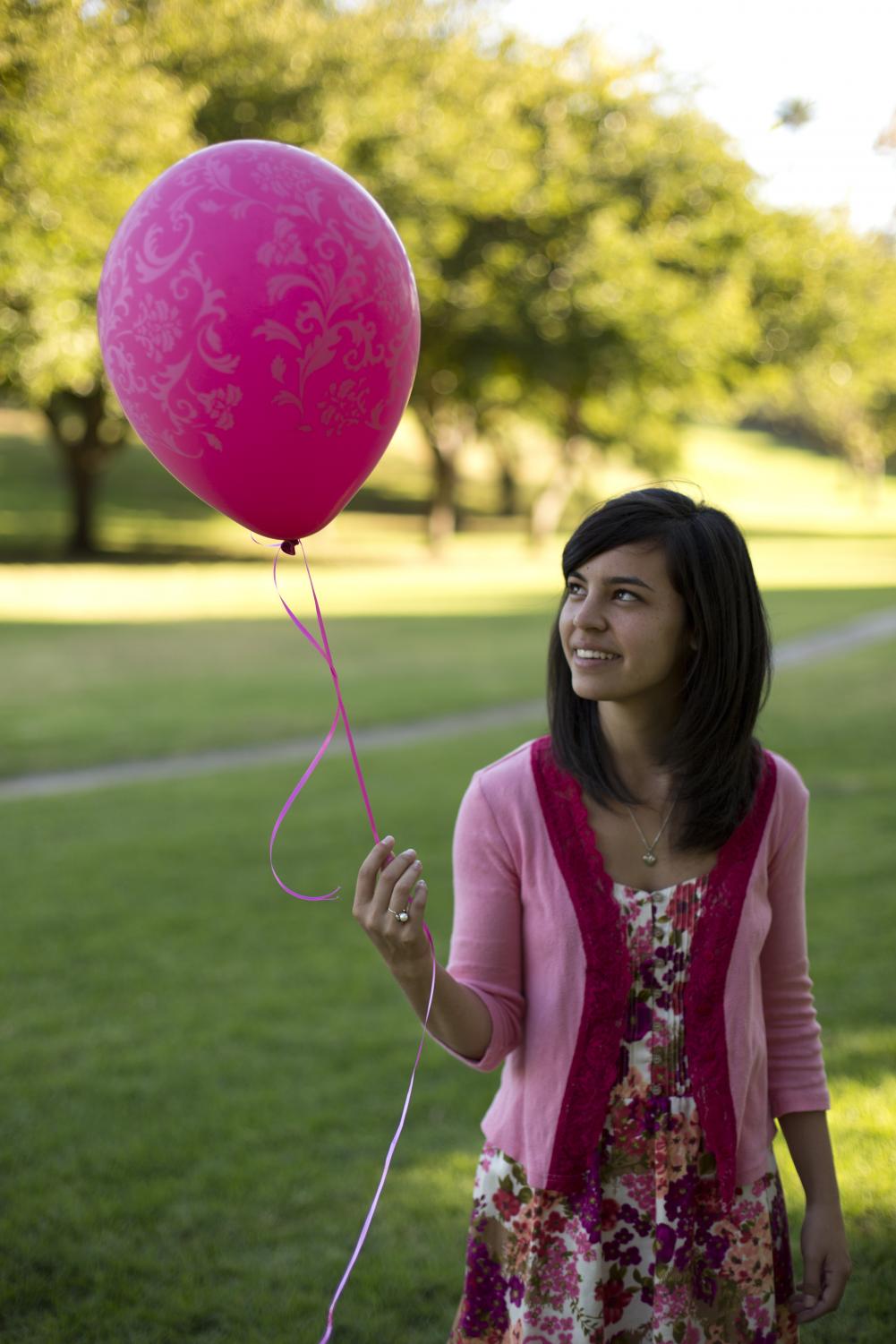Written by Olivia O’Brien
Biola offers a different college experience than most universities. From day one, students are thrown into the “Biola Bubble,” a small, faith-based breeding ground for subcultures. Stick around campus long enough, and you cannot help but run into this particular topic nearly every student here finds interesting: Biola’s unique dating culture.
To learn what Biola students think about dating, The Point polled 138 students in an online survey and pursued more extensive interviews with sources varying in gender, background and relationship status. From this data, The Point concluded the dating conversation is far more complex than what students tend to believe.
About 80 percent of those polled stated that the topic of dating came up frequently in conversation. Dating, then, is a theme students may find hard to escape while on campus, allowing a vast amount of diverse opinions to flourish.
Since Biola is a Christian school, most students base their understanding of dating from the Bible. Using this resource as their guide, students try to identify instructions for their dating journeys.
One of the only biblical affirmative students find close to this topic is marriage. Of the 11 in-person interviews, all 11 reported they believed marriage is ultimately the purpose of dating.
Junior intercultural studies and international business major Amber Koch defined dating as: “Intentional hangouts to get to know if you’re compatible with someone with the underlying intention of getting married.”
The online poll gleaned a different take on marriage. Online, the question: “Do you think dating is meant solely for finding a spouse?” found a mere 10 percent difference between the “Yes” and “No” results.
Despite this seemingly small difference, 90 percent of students who marked that they were in a relationship on poll said they had already talked about marriage with their significant other, and 68 percent of these students have only been in a relationship from anywhere between a few months to a little over a year.
The dichotomy between the types of dating are more perplexing still.
Seventy percent of students polled said dating should only be with someone you are romantically interested in, whereas 52 percent answered dating should not be causal and/or non-romantic. Meaning, 48 percent said it should be casual and/or non-romantic.
This might explain why, when students approach Biola as a Christ-centered institution with plenty of single individuals, they tend to “freak out.” Conversations about the pressure students feel at Biola to find “that certain someone” can often be overheard during a carefree stroll through campus.
“There is a lot of pressure surrounding the culture, especially freshman year,” said senior biblical studies major Charlie Plump. “There’s a lot of drama that surrounds it. If you just go on one single coffee date with someone, it’s all of a sudden this big deal. You’re an item now.”
It is amidst this drama that students catch themselves scrambling to find someone. Viewing all members of the opposite sex as potential love interests complicates platonic cross-gender relationships. Almost every person interviewed said, at some point, one of the people in the opposite sex friendship will start having feelings — so, beware.
In contrast to the pressure placed on opposite sex friendships, the interviewees could not deny that cross-gender friendships benefit men and women alike.
“I think some of my friendships with guys are the most valuable because I’ve learned a lot from them,” junior business major Jessica Tonti said. “Guys and girls are different. So opposite sex friendships are vital to get to know how they work and to respect them.”
Perhaps another source of the pressure at Biola can be found in the small size of the university. Many people that had previously attended secular institutions said dating was not nearly as big of a deal at their old schools due to the sheer amount of students.
Francesca Manzo, junior kinesiology major, transferred to Biola from Saddleback Community College this fall.
“Honestly, there wasn’t really a dating culture at all at Saddleback. I mean, there was, but it seemed like it was much more of a hookup culture than a dating culture. People weren’t looking for long term relationships or marriage at all,” Manzo said.
Biolans approach dating differently. This recurring scenario is probably familiar: He asks her out on a date, and their friends talk about it for weeks, pestering for updates. Then, if it does not work out, the embarrassment can be extremely uncomfortable.
Even the mention of asking someone out leads to jokes about “Ring by Spring.”
“Too many people come here thinking that, culturally, Christianity has made you believe that if you do your faith a certain way it will result in a perfect dating life,” sophomore studio art major Wesleigh Byrd said. “God doesn’t promise us marriage…his promise is to be with us forever… So many people come to Biola thinking, ‘My spiritual right is to get married,’ and that ruins so many friendships.”
But this continuation of a hope for a perfect dating life doesn’t necessarily stop with the beginning stages of dating. Once a relationship has started, perfection still is not achieved as hoped. Eric Samarripas, senior biblical studies major, elaborates on the struggle he often faces in his relationship stating:
“I’ve even noticed in my relationship right now that I’ll get hurt when she can’t hang out. She’s another person; she has a life. Why do I feel rejected when she can’t be there? I have a friend who challenged me that when I’m feeling that way, to immediately bring that to the Lord.”
This heavy dependency on one’s significant other in dating is prevalent, and often harmful. Many students desire to have another person to feel whole, wanted, loved, needed and cared for. This is could be considered the ultimate human desire.
According to the online poll, Biola students have a positive view of exploring singleness. Almost everyone polled and interviewed gave a positive response: singleness is great! Biola students reported they love their singleness and regard it as a healthy place to be; it is a time to grow and learn.
“I love it. I feel like the time you have because of it allows you to grow more as a person and figure out who you are more easily,” said Derek Villalobos, sophomore business major.
Many see the call to singleness as rare and respectable.
“I have so much respect for people who are called to singleness. I almost feel like it’s a spiritual gift. And if I was called to singleness, I would in one sense feel honored. I would think, ‘Wow. What does God want to do with me in my life that would require me to be alone?’” Tonti said.
A contrast appeared within the interviews: marriage was never regarded as a “call.” Or, at least not colloquially. Marriage was assumed, and singleness was only for the strongest, or those clearly called to celibacy.
“I think singleness or dating are just seasons of life, and we have to find out when we’re ready for each,” junior film major Nate Norell said.
Marriage was always the next step, whether that was sooner or later. With this thought process, no wonder students are frantically running around trying to find that special someone.
“In every marriage class that I’ve taken, it talks about how our Christian culture holds marriage so highly that those who are unmarried feel ostracized,” Plump said. “I do wish that we at Biola, or even in Christian culture, would shift more toward loving and valuing singleness, acknowledging that they both have gifts.”
78 percent of those polled said they felt positively toward singleness, yet 90 percent of single students polled admitted they wanted their singleness to be temporary. 74 percent answered they were content in their singleness, yet 71 percent would not be okay with being single for life.
In the interviews, when given the question: “How would you feel if God called you to be single for life?” not one person felt satisfied. They responded with a drop in tone, by knitting their brows, and searching for words. Many refuted the idea immediately, trying to prove why God would not call them to that sort of life.
“I feel a little uneasy about it because I feel like there is so much goodness that can come from a relationship, and I feel like we were made to be in relationship with people,” Villalobos said. “I guess I would be stunned.”
Themes of loneliness came up in multiple interviews when discussing lifelong singleness. When interviewees were asked a question about singleness, they expressed their concerns about loneliness. Students love their singleness, but only in a temporary capacity. Ultimately, they prefer marriage, believing it to be their only conduit for true relationship.
Blackstone Resident Director and Biola alumna Meleca Consultado reflected on her experiences amidst this dating culture.
“When I came as a student to Biola, if I were to be honest, I did see dating as a means to an end, even if I would never admit it back then, and that end was marriage. And please hear me, I hold marriage in high regard and believe that dating can be a part of the journey towards marriage. But dating is more than just a means to an end, it’s an invitation to learn and grow in so many ways,” Consultado said.
Students at Biola desire to know and be known by someone else. It is a beautiful and truly human feeling. However, we can know and be known by many types of people: our crushes, spouses, friends, parents, teachers, pastors and mentors. Authentic and deep interpersonal relationship is not reserved for romance.
We want our dating culture to be easier, but what we fail to realize is that it is far more complicated than, “Everyone should take dating less seriously; you don’t have to get married.” Marriage and singleness are both hard, fulfilling, tainted by loneliness and brimming with human connection. Yet, it is here, amidst all of this, that we are still inspired to propel into the unknown together, daring to try and live the course we think we are meant for. And we somehow expect that to be easy.




